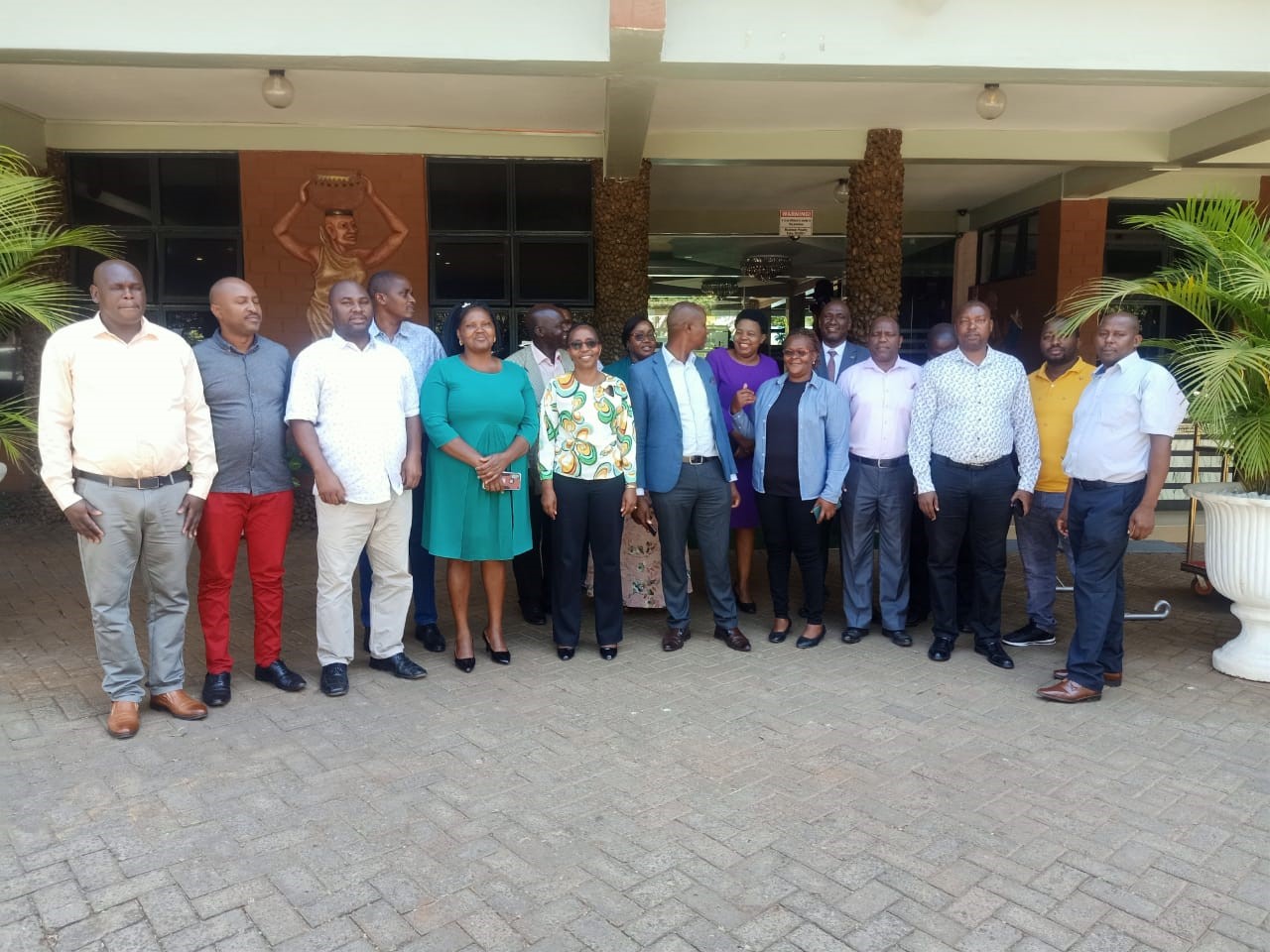Contact

Johanna Wetterlind, Assoc. Professor
Challenge leader of AgriFoSe2030 Challenge 3
Department of Soil and Environment, SLU
Telephone: +46 (0) 511-671 12
E-mail: johanna.wetterlind@slu.se

A decade ago Kenya embarked on the path of devolution, a transformative move to enhance service delivery and foster self-governance by shifting governmental functions to the county level. This decentralization presented both challenges and opportunities, especially in the agricultural sector. Formerly managed by the National Ministry of Agriculture, agricultural responsibilities now rest with devolved ministries, allowing for tailored, local interventions aimed at boosting productivity.
To navigate this transition and address emerging challenges, the AgriFoSe2030 project, ‘Functions in extension service pathways – Kenya, Sri Lanka and Laos’, organized a series of feedback and stakeholder engagement workshops in Embu and Tharaka Nithi Counties. These workshops brought together a diverse group of participants, including 109 smallholder farmers (69 females and 49 males) and 31 county government officials, such as chief officers, directors, and county extension workers.
The primary objectives of the workshops were to provide policymakers with detailed feedback on project outcomes and present the policy briefs prepared during the project period. Another key objective was to inform smallholder farmers about the importance of communicating their challenges to researchers and accessing support from extension workers and policies to improve productivity. Additionally, the workshops sought to unite researchers, farmers, extension workers, and policymakers to highlight the roles of each stakeholder, enhancing collaboration and partnerships for increased agricultural productivity.
The workshops focused on fostering collaboration among stakeholders in the extension support systems within the counties. Through group discussions, participants identified ways to address the challenges hindering increased productivity.
Several key commitments and actions emerged during the workshops. The county governments committed to ongoing engagement with researchers for evidence-based policy development. Researchers were invited to address the Embu county government assembly to highlight the challenges facing extension service delivery and propose interventions. Researchers pledged to co-identify, co-design, and co-implement research projects with farmers and government extension service providers to increase the uptake of developed interventions and impact. County governments committed to boosting budgetary support for extension services. The county assembly representatives promised to engage the executive arm of the county government to employ more extension service providers. Farmers expressed a willingness to receive and provide feedback on scientific evidence related to improved Technologies, Innovations, and Management Practices (TIMPs).
 Deputy programme director in AgriFoSe2030, Dr. Cecilia Moraa Onyango, University of Nairobi, together with Dr. Justin Muhoro Nyaga, University of Embu, are leading the Kenyan part of the project.
Deputy programme director in AgriFoSe2030, Dr. Cecilia Moraa Onyango, University of Nairobi, together with Dr. Justin Muhoro Nyaga, University of Embu, are leading the Kenyan part of the project.
The workshops observed significant immediate responses and attitude changes among participants. There was a marked increase in understanding and interest in collaborative efforts among stakeholders to improve extension service structures and functions. Government representatives acknowledged the crucial role of research in informing policy and practice.
The workshops significantly contributed to strengthening relationships with stakeholders. Simplified dissemination materials, such as information sheets and policy briefs, were produced to ensure effective communication. Active and purposeful engagement with the county government involved participation in scheduled meetings with farmers. Throughout the project, strong working relationships were developed with farmers, extension service providers, and county government officials.
The workshops also faced challenges - communication in Kiswahili and local languages posed difficulties for some participants, and engaging participants of different ages in a single meeting presented its own set of challenges. Despite these challenges, the willingness of all stakeholders to engage and collaborate was a significant enabler for the success of the workshops.
The workshops in Embu and Tharaka Nithi Counties have laid a strong foundation for ongoing collaboration and improvement in agricultural productivity. By addressing the challenges and leveraging the strengths of each stakeholder, the counties are poised to enhance service delivery and achieve greater food security through effective devolution.
These workshops highlight the transformative potential of stakeholder engagement and collaboration in enhancing agricultural productivity at the county level.

Challenge leader of AgriFoSe2030 Challenge 3
Department of Soil and Environment, SLU
Telephone: +46 (0) 511-671 12
E-mail: johanna.wetterlind@slu.se